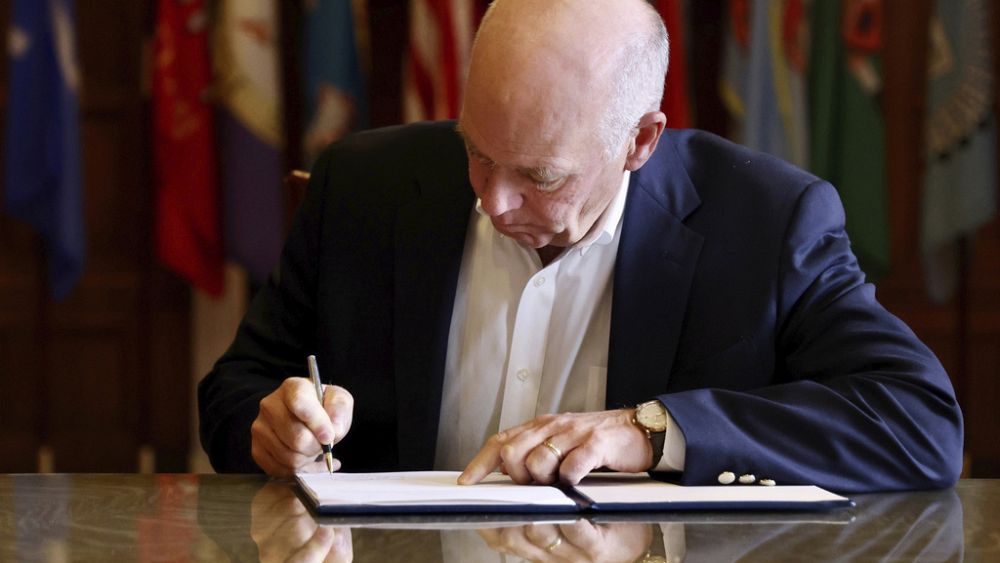There are 200,000 TikTok users in the 41st US state, and 6,000 companies use the video sharing platform developed by China. How will the government be able to enforce the ban?
Montana has become the first US state to completely ban the use of TikTok from next year, making it illegal to operate the video-sharing platform. The decision carries with it the possibility of a legal battle with the company, while many questions have been raised about whether the state is able to enforce the law at all.
Montana’s new rules will have more far-reaching implications than the TikTok ban already in place in nearly half of the US states and federal government – in terms of government assets.
In Montana, the ban now in place will go into effect on January 1, 2024, making TikTok unavailable in the Google and Apple app stores. Platforms that distribute apps can expect fines of up to ten thousand dollars per day until they are removed from their offerings. Users will not have to pay a fine and existing accounts will not be affected by the regulation.
At the beginning of April, the federal state legislature voted 54:43 on the ban bill. Republican Gov. Greg Gianforte — who previously banned the app’s use on state agencies — signed the law on Wednesday. As he put it on Twitter, “He wants to protect the private and personal data of the people of Montana from the Chinese Communist Party, which is why he decided to ban TikTok.”
Gianforte indicated that he wants to expand the scope of the bill to include other social media applications to address some “technical and legal concerns.” Montana Attorney General Austin Knudsen cited technology used to restrict online sports betting apps as an example. ,: Different companies use different methods and it is up to them “not to allow their apps to run in Montana and other states where they are not legal.” “
TikTok has not yet responded to Montana’s decision. The app, which is owned by Chinese company ByteDance, has already been banned from use on government mobile devices in several countries, including Canada, Australia, New Zealand, the US and the UK, due to cybersecurity concerns. The app, which is very popular in both the United States and Europe, has more than a billion users worldwide, but in recent months, the governments of more and more countries have expressed concern that Chinese authorities and intelligence services are also using data provided on the video-sharing site. In order to collect information or spread its influence. The company denies having such aspirations.












































